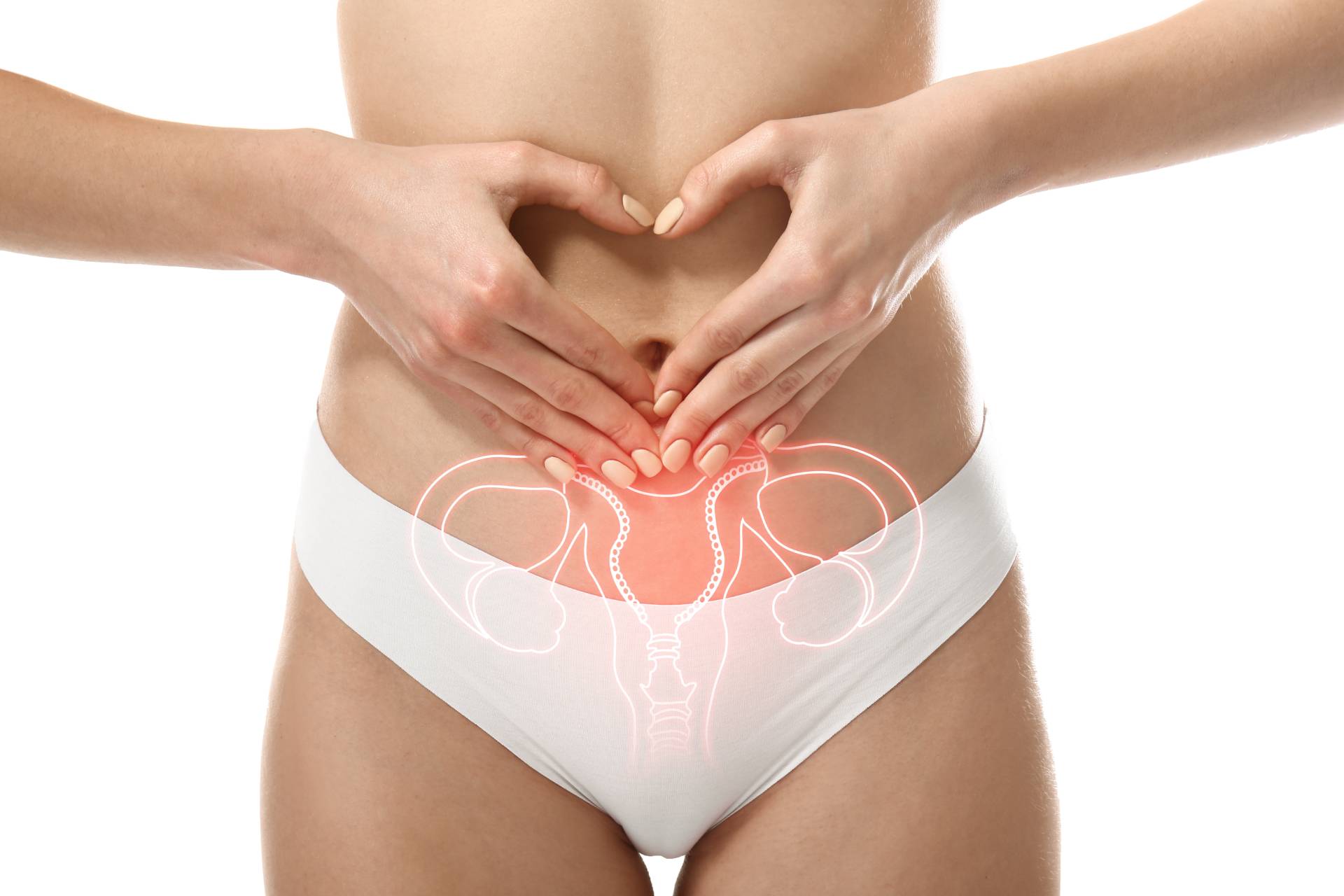
Endometriosis is a very common condition that affects approximately one in ten women during their reproductive years. It is characterized by the presence of endometrial tissue outside the uterus. The misplaced tissue develops into growths or lesions which respond to the menstrual cycle in the same way that the tissue of the uterine lining does: each month the tissue builds up, breaks down, and sheds.
Menstrual blood flows from the uterus and out of the body through the vagina, but the blood and tissue shed from endometrial growths have no way of leaving the body. This results in internal bleeding, breakdown of the blood and tissue from the lesions, and finally, inflammation: Consequences include moderate to severe pain, scar tissue formation, adhesions, bowel problems, and infertility.
How exactly does endometriosis impair fertility?
Endometriosis interferes with healthy fertility in a variety of ways. About 30-40% of women presenting at fertility clinics suffer from endometriosis. Depending on the location of endometriomas, they are sometimes simply a mechanical hindrance. However, the problems also lie deeper: Endometriosis patients on average ovulate fewer oocytes than healthy controls and ovulated oocytes have impaired quality. Most experts think today, that this might be attributable to elevated levels of inflammation and increased oxidative stress.
What are the treatment options?
Endometriosis is a chronic disorder and unfortunately, there is no actual cure. Treatment of symptoms ranges from pain medication to hormonal treatment, and surgery. According to surveys, many patients like to use complementary medicine, too. Fertility treatment has seen considerable advancements in recent years and often has excellent results.
When planning for pregnancy, adjusting the diet and adding targeted micronutrient supplementation can help to gently lower levels of inflammation and oxidative stress from within. Learn more…
How can Fertilovit® F Endo help during preconception?
Fertilovit® F Endo is the first pre-conceptional formulation in the world tailored to meet the needs of women with endometriosis planning for pregnancy. It contains highly dosed folic acid (800 µg) in combination with a comprehensive supply of vitamins, minerals, and antioxidants.
Fertilovit® F Endo allows for the specific, yet comprehensive dietary management of endometriosis.
With only two capsules a day, the patient not only achieves the folate level advised for protection from neural tube disorders but also complies with new recommendations from the American Nurses’ Health Study. Coenzyme Q10 plays a role in mitochondrial function, which is particularly important in mature patients.
In addition to this, the non-invasive treatment option provides a natural way to decrease levels of oxidative stress.
A welcome side effect is the fact that many patients also experience an increase in overall wellbeing and reduced pain. The latter might be due to the fact that nociception in endometriosis patients has meanwhile been directly linked to increased oxidative stress, and counteracting this mechanism has shown excellent results for pain relief on a natural basis.
